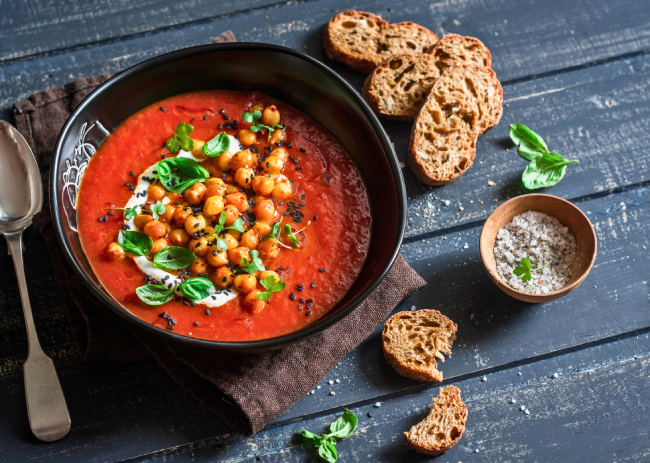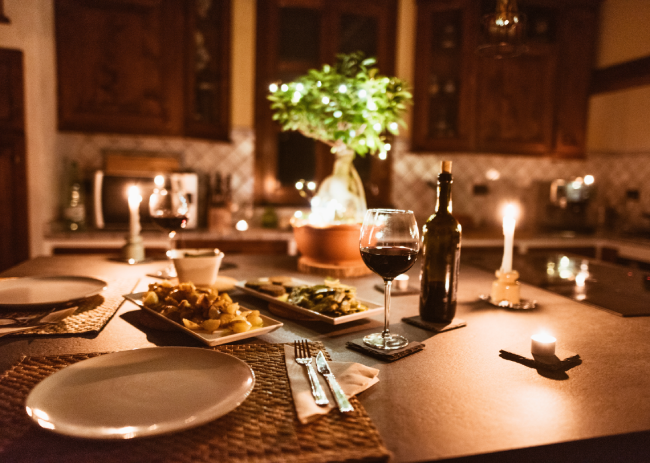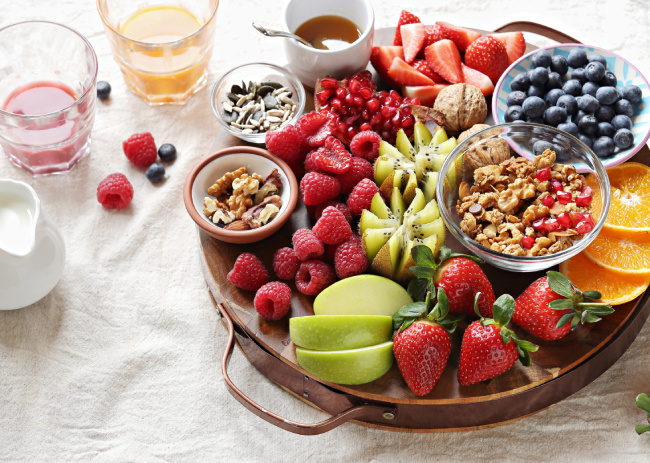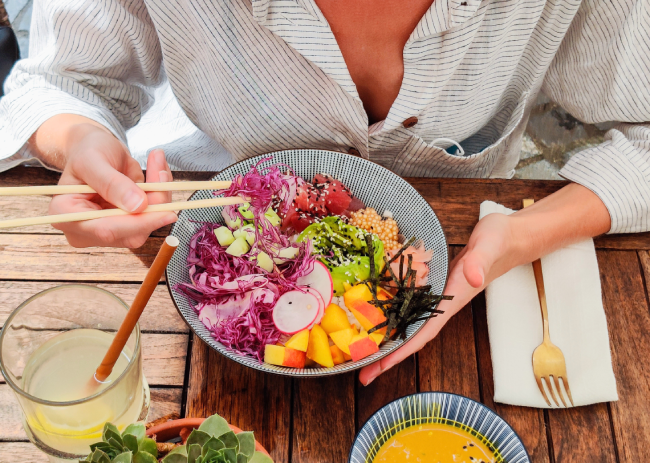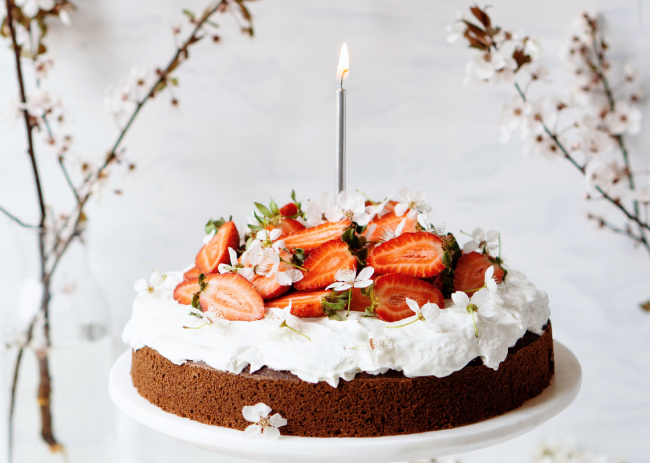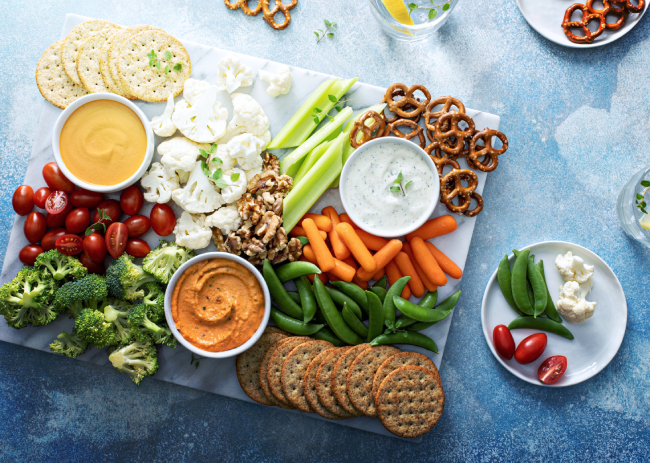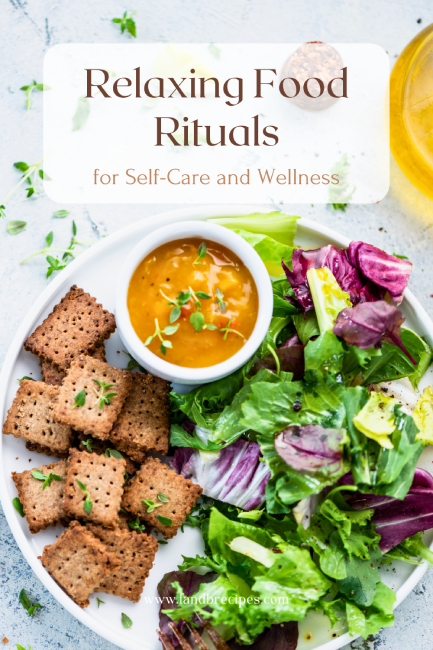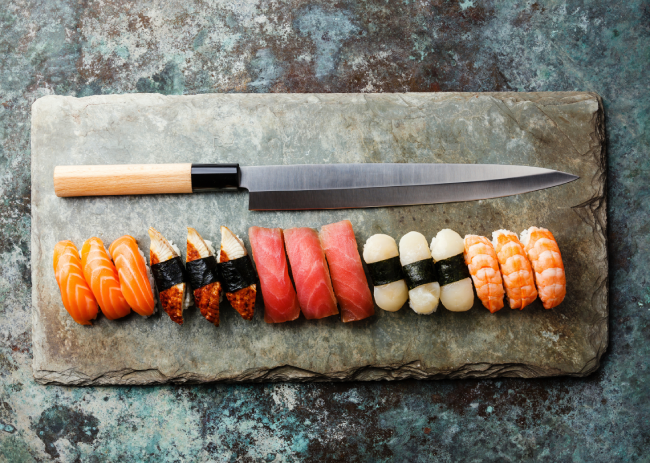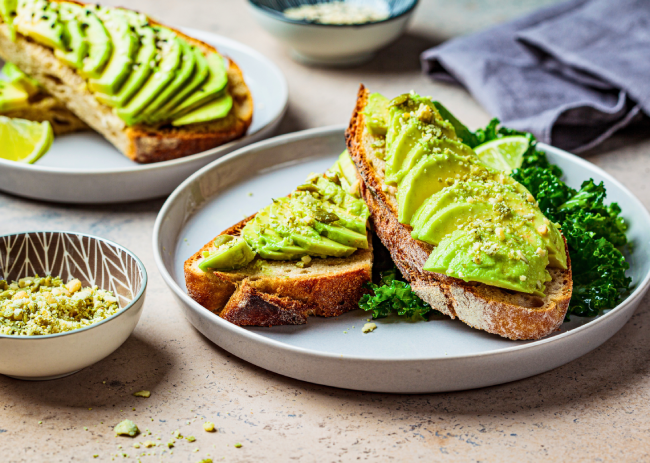Relaxing Food Rituals for Self-Care and Wellness
In the hustle and bustle of modern life, we often forget to prioritise ourselves. Self-care can sometimes feel like an afterthought, drowned out by the noise of deadlines, responsibilities, and commitments. However, looking after your mind, body, and soul is crucial for overall well-being. In fact, making self-care a regular practice is one of the most empowering decisions you can make. And one of the simplest ways to incorporate self-care into your routine is through food rituals.
Food rituals are more than just about what we eat; they are an opportunity to foster mindfulness, slow down, and reconnect with our senses and emotions. These practices transform eating from a necessity to an experience, from a rushed activity to a nourishing pause. Whether it’s preparing a meal, appreciating the process of cooking, or dedicating time for a mindful meal, each ritual serves as a moment of personal care.
Engaging with food rituals can be both rewarding and restorative. It allows you to focus on your inner peace, deepens your connection with your body, and promotes overall emotional well-being. Through mindful eating, calming environments, and the thoughtful preparation of meals, you can create space for relaxation and nourishment, giving yourself permission to truly care for your own needs.
Food rituals can also help relieve the pressure many of us feel to multitask or “get things done” constantly. This article delves into simple yet meaningful ways to celebrate self-care through the art of food, providing practical ideas and proven techniques that you can incorporate into your day-to-day life. By allowing yourself to embrace the healing power of food, you can turn everyday moments into something much more profound.
1. The Art of Mindful Cooking
Cooking is a calming, creative process that allows us to connect with the present moment. Rather than seeing it as a chore, why not turn cooking into a time for relaxation and enjoyment?
Mindful cooking invites you to focus on each step—be it chopping vegetables, stirring, or simply noticing the aroma of ingredients. By paying attention to the process, cooking becomes an act of care.
Choose a simple recipe that brings you joy, such as a vegetable stir-fry or a hearty soup. Take your time with each ingredient, noticing textures and smells. Turn off your phone, avoid distractions, and enjoy the rhythm of cooking.
A study published in the Journal of Happiness Studies found that cooking meals mindfully led to increased feelings of satisfaction and lower levels of stress. Cooking slowly allows your mind to quieten, which, in turn, provides a grounding effect.
Let natural sounds or soft music fill the air, creating a peaceful atmosphere. Cooking with mindfulness can rejuvenate your body and refresh your mind. Find joy in each step, and don’t rush—this is your moment.
2. Creating a Personalized Self-Care Food Ritual
Self-care is deeply personal, and so are our food rituals. The beauty of creating your own is that it can be tailored to what suits your needs and preferences. The goal is to use food to promote a sense of connection, peace, and relaxation.
Begin by setting a serene ambience. Light a candle, dim the lights, and perhaps play calming music. This transforms an everyday meal into a nurturing ritual. Select a dish that evokes comfort or joy. Maybe it’s a childhood favourite or a food you rarely get around to preparing.
Slow down and sit down at the table without any distractions. As you eat, pay close attention to the flavours, textures, and warmth of the food. This practice nurtures both your body and your mind. Over time, such rituals can become a habitual form of self-love.
Creating consistency adds strength to any ritual. Consider dedicating a specific time each week for a special food ritual. A Sunday brunch or a weekly slow-cooked meal could form a treasured tradition that you always look forward to.
3. Foods That Support Emotional Wellness
Food doesn’t just fill us up; it also affects how we feel. Choosing foods that enhance our emotional well-being is another way of practising self-care. Certain ingredients can help elevate our mood and promote calmness.
Dark chocolate, for instance, is known to increase endorphin levels. Berries, rich in antioxidants, are excellent for brain health. Meanwhile, healthy fats like avocado or olive oil support mood balance by calming the nervous system.
Comfort foods, such as warm soup or a hearty casserole, bring a sense of emotional security. A study from Cornell University highlights how consuming warm foods can enhance feelings of safety. These foods trigger memories that promote relaxation and well-being.
Probiotic-rich foods such as yogurt, kefir, and kimchi have an additional benefit—they support gut health. As our gut directly influences our mood, incorporating these foods can help improve both digestion and mental health.
Combining these mood-boosting foods in balanced meals can have a profound impact on your emotional wellness. Try dishes that incorporate protein, healthy carbs, and fats. A comforting soup made with protein-rich chicken, vegetables, and avocado provides the perfect emotional boost.
4. The Ritual of Eating with Gratitude
Eating with gratitude can take a meal from ordinary to extraordinary. It’s not just about the food; it’s about the experience of eating with appreciation. Gratitude can lower stress levels and foster a sense of calm.
Start by taking a moment to pause and reflect on what you are about to eat. Think about where the ingredients came from and the effort put into preparing them. This moment of gratitude can help ground you and put your day into perspective.
Research from the Greater Good Science Center reveals that practising gratitude can improve emotional well-being and strengthen relationships. Expressing gratitude also reduces anxiety. As you eat, focus on the textures and flavours of the food. By chewing slowly, you enhance digestion and deepen the mindfulness of your meal.
Over time, this simple practice can transform your relationship with food. You move away from eating mindlessly to engaging fully with the experience of nourishing yourself.
5. Indulging in Self-Love Through Desserts
Desserts don’t have to be seen as a guilty pleasure. In fact, they can be an expression of self-love and care. When enjoyed in moderation, sweets can bring moments of comfort and happiness. Desserts serve as reminders to embrace indulgence, not as excess, but as a celebratory act.
Instead of mindlessly reaching for store-bought treats, try preparing a simple dessert with love. A fruit parfait, made with layers of yoghurt, fresh berries, and granola, can be both healthy and satisfying. Or indulge in dark chocolate fondue paired with fresh strawberries.
Present the dessert beautifully. The process of creating and serving it adds to the self-care experience. Light a candle, and take your time eating. As you savour each bite, embrace the sweetness and joy that it brings.
Consuming desserts intentionally like this brings a sense of pleasure and appreciation. Self-love doesn’t always need grand gestures; it can be found in simple moments of indulgence.
6. Transforming Everyday Moments into Rituals
Self-care doesn’t always have to involve elaborate meals or special occasions. Small, everyday moments can also become meaningful rituals. For instance, instead of eating your snack straight from the packet, plate your food thoughtfully. Whether it’s a handful of almonds or a few apple slices, treating your snack like a mindful moment transforms a routine action into self-care.
The act of meal preparation itself can also become a peaceful ritual. Cooking with intention, even for the upcoming week, invites calm into your schedule. Try enhancing this task with a bit of aromatherapy, soft music, or by lighting a few candles.
Drink tea, sip it slowly, and embrace the stillness. Or, perhaps you could combine meal prep with journaling or meditation. These activities can intertwine, deepening the relaxation they offer. Snacking, making tea, or planning your week—all of these can be small rituals that you approach with gratitude and calm.
FAQs
What does it mean to develop rituals around food?
Developing rituals around food involves making meals and snacks an intentional practice. It’s about slowing down, focusing on the sensory experience, and appreciating the food for what it provides. Creating consistent habits around food allows us to mindfully connect with ourselves and enjoy the process of nourishing our bodies.
What is the most soothing food?
Soothing foods often include warm, soft dishes like soups or stews. Comfort foods, such as mashed potatoes or casseroles, are known for their ability to provide emotional warmth. Foods like bananas, eggs, or oatmeal also contain vitamins and nutrients that support a sense of calmness and satisfaction.
What are some examples of food rituals?
Food rituals can include actions like preparing and presenting a special breakfast, cooking with mindful attention, or eating slowly and without distractions. Rituals may also involve incorporating gratitude or meditative practices before meals to enhance their emotional benefit.
What foods are good for calming anxiety?
Anxiety can be eased by foods rich in magnesium, such as leafy greens, nuts, and seeds. Omega-3 fatty acids found in salmon or flaxseeds are also effective in reducing stress. Additionally, probiotic-rich foods, such as kimchi or yoghurt, may improve gut health, which plays an important role in emotional balance.
What is the best comfort food of all time?
The best comfort food varies, but many people find dishes like macaroni and cheese, roasted chicken, or beef stew to be their ultimate comfort foods. These meals are familiar and evoke feelings of security, which are key in reducing stress and promoting emotional well-being.
In Conclusion
Food rituals are an elegant, yet impactful, way to celebrate yourself. In our often chaotic world, taking a moment to focus on nourishing your body and mind is a small act of self-love that holds immense power. By consciously slowing down and transforming everyday tasks like cooking, eating, and meal preparation into practices of mindfulness, we create opportunities for growth, self-connection, and deepened well-being.
Mindful cooking, eating with gratitude, and building personalised food rituals allow us to embrace the slower pace we often crave, especially in times of stress. When done with intention, these moments can be incredibly healing, inviting peace, balance, and joy into our lives. Imagine turning your next meal into an act of reflection, appreciating not only the flavours on your plate but also the nourishment it provides your body and spirit. Even the act of preparing a simple meal can be an act of nurturing.
With consistency, these food rituals offer a sanctuary, offering time to nurture not just the body but the soul. They act as vital reminders to put your health and well-being first, giving you the chance to simply be present—without distractions or rushing—just the experience of connection through food. By adding small but meaningful moments to your life, you invite greater levels of wellness, peace, and serenity into your routine.
Remember, these rituals are not meant to be an extra task on a busy agenda. They’re a way to invite calmness, joy, and mindfulness into your life, fostering moments of self-care that you deserve. So light that candle, put your phone down, and allow yourself the pleasure of cooking or eating mindfully—because you deserve every moment of it.
Shristi is an avid reader, recipe developer and wellness enthusiast. She’s probably making a mess in her kitchen right now.


